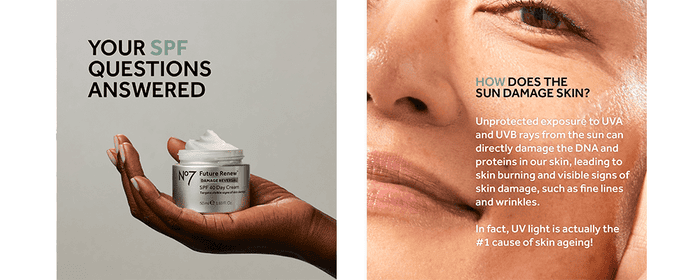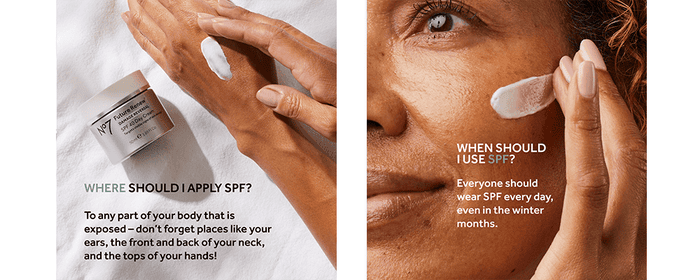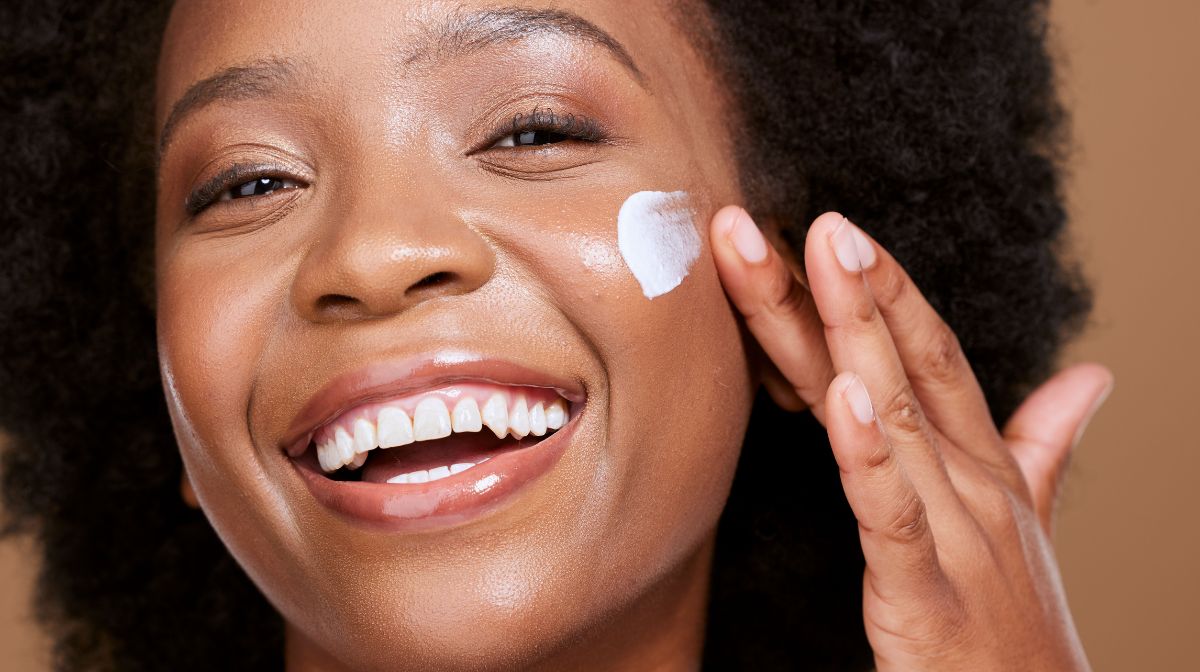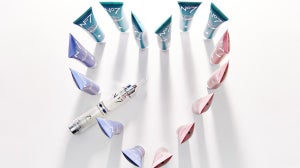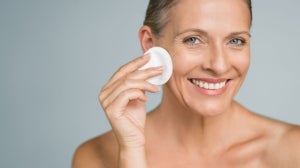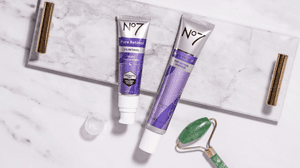
Protecting yourself from the harmful effects of sun exposure has never been easier. Gone are the days of greasy sunscreen, sand sticking to you, and a chalky white residue. Today, SPF benefits are seamlessly integrated into everything from makeup to moisturizers.
With so many sunscreen options available, it’s easy to be confused and have questions. Want to know how much SPF you should apply? Confused about using sunscreen indoors? Wondering when your SPF products will expire? We’ve got you covered!
What are UV Rays?
UV radiation is produced by the Sun and is an invisible form of energy that reaches Earth and can harm living tissue. There are two main types of UV radiation that affect our skin:
UVA Rays: Making up 95% of UV radiation, UVA rays penetrate deep into the skin, causing long-term damage like premature aging.
UVB Rays: UVB rays are responsible for immediate damage like sunburn.
To protect yourself from both types of UV radiation, use a broad-spectrum sunscreen.
What’s the Difference Between Chemical and Mineral Sunscreen?
There are two types of sunscreen: chemical and mineral.
Chemical Sunscreens: These formulas contain ingredients like octocrylene and ethylhexyl methoxycinnaimate that absorb UV rays, before they penetrate into your epidermis.
Mineral Sunscreens: These formulas use ingredients like titanium dioxide and zinc oxide to physically block UV rays by sitting on top of the skin and reflecting them away.
How Often Should I Apply SPF?
Apply sunscreen every day, rain or shine! UV rays can penetrate clouds, so don’t skip sunscreen - even on cloudy days. Apply your sunscreen 10-15 minutes before going outside and reapply every 2 hours. If you’re sweating or swimming, reapply more often.
Which Factor SPF level Should I Use?
The higher the SPF number, the longer your skin is protected. For example, if you normally burn in 10 minutes, SPF 30 would extend that protection to 300 minutes (with proper reapplication). However, if you’re out for longer periods, you may still need a higher SPF.
When in doubt, opt for at least SPF 30. For fair or sensitive skin, SPF 50 might be better. Remember, SPF is only part of the equation; look for products that offer high UVA protection, often indicated by a star rating.
How Much SPF Should I Apply?
To ensure effective protection, use a generous amount of SPF. For your face and neck, apply about half a teaspoon (roughly two finger lengths). For your entire body, aim for 2-3 tablespoons (a shot glass full), including one teaspoon for each arm and two teaspoons for each leg.
Learn how much SPF you should use on your face compared to the size of your palm below:
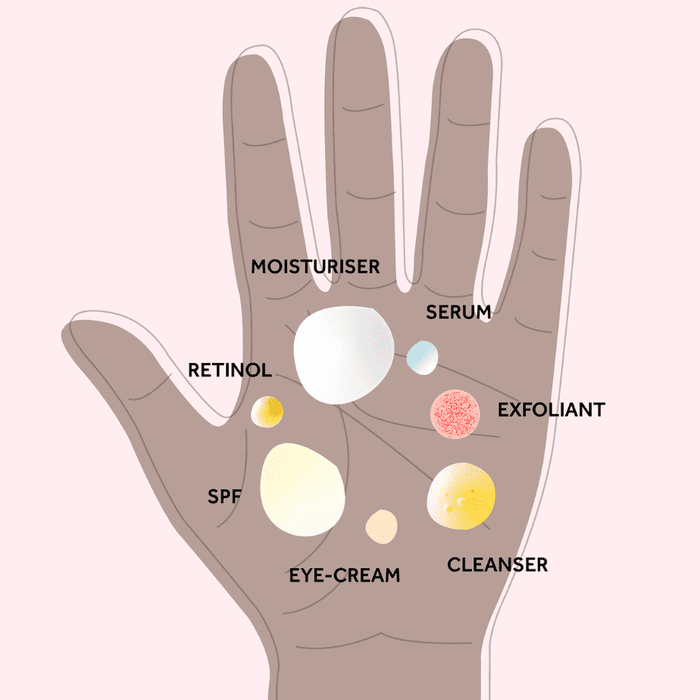
Will Daily SPF Use Cause Breakouts?
If you’ve had breakouts from sunscreen before, it’s a matter of finding the right formula. Look for non-comedogenic options that won’t clog pores. Also, remember that sun exposure itself can trigger breakouts on damaged skin.
Do I Need to Apply SPF When I’m Indoors?
UVA rays can penetrate glass, so it’s a good idea to use sunscreen if you’re near windows at home, in the car, or at work. For longer periods outside, always apply or reapply sunscreen.
Does Sunscreen Expire?
Yes, sunscreen does expire. Most sunscreens have a shelf life of 2-3 years. Check the expiration date on the packaging. If there’s no date, note when you bought it and dispose of it after 3 years, or sooner if you notice any changes.
How Can You Tell if a Sunscreen Has Expired?
An instant giveaway that your sunscreen has expired will be changes in any of the following:
Scent: An off smell or change in odor.
Consistency: Changes in texture, such as being watery or lumpy.
Color: Any color change can indicate it’s time to toss it.
How Long Can You Keep Sunscreen Once Opened?
You should use sunscreen until its expiration date, even if it’s at the start of its 3-year shelf life. However, storage conditions like heat and moisture can affect its longevity. Store it in a cool, dry place away from direct sunlight, and wrap it in a clean towel if you’re taking it on the go.
